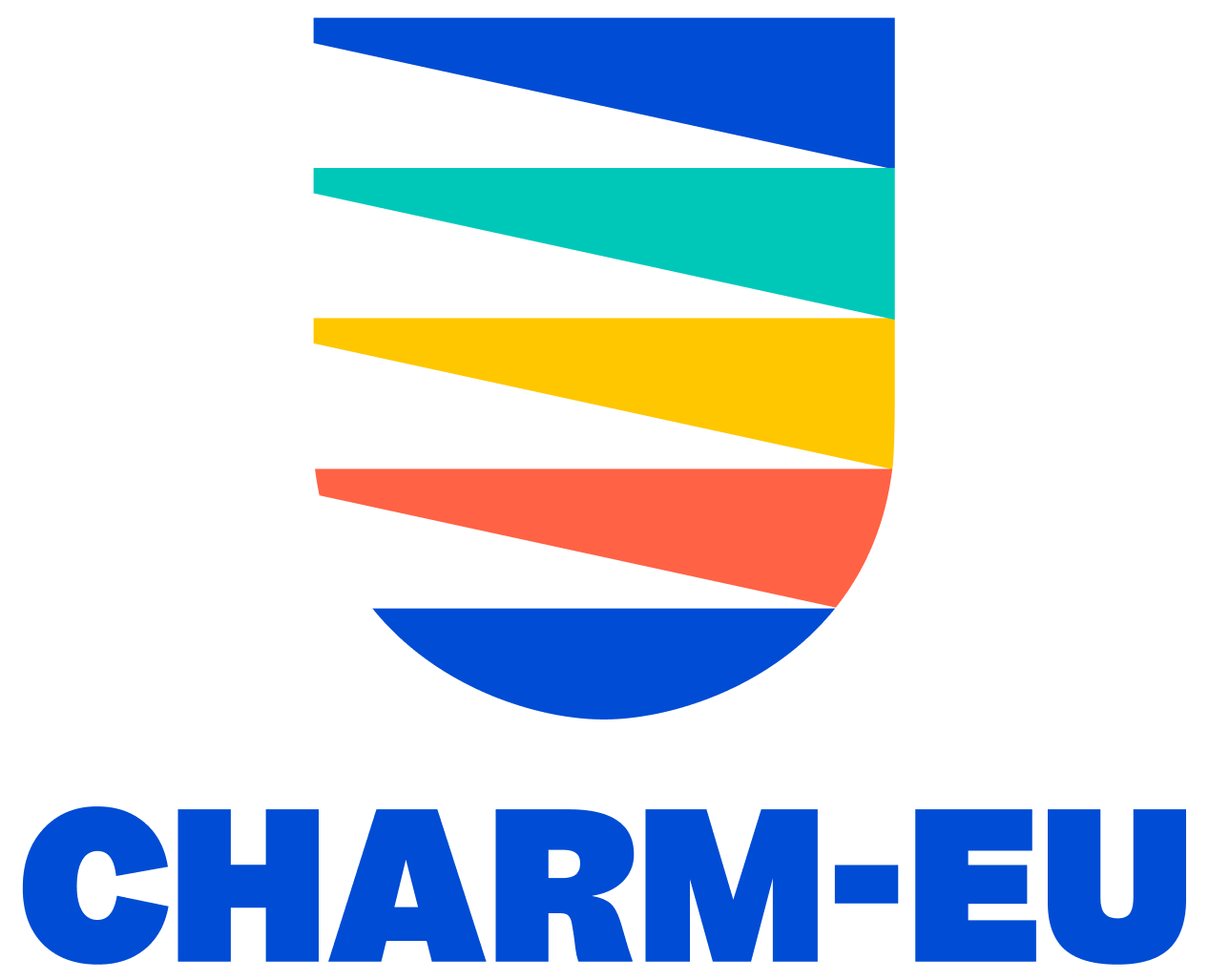Other projects
UNI-ECO, Practical and Collaborative Tools for Sustainability Innovation in the University
ESEU
As an associate alliance, CHARM-EU was also part of the ESEU project led by ECIU, which tested a possible European legal status for higher education institutions to simplify international cooperation and advised European policymakers about shaping future policies in this field.
Based on eight use cases, project partners analysed four legal structures (the European Grouping of Territorial Cooperation (EGTC), the Societas Europaea (SE), the European Cooperative Society (SCE), and the European Institute of Innovation and Technology (EIT)) to identify risks and benefits of different structures and compare them to the needs of university alliances.
In the final report, the project brought together all output to emphasize the need for a tailored European legal instrument for higher education institutions to overcome obstacles in transnational cooperation, formulating a roadmap with the next steps necessary for such an instrument.
During the final event of the project, nearly 200 colleagues from all over Europe gathered online and in Brussels to discuss the way forward for a European legal instrument that serves the needs of higher education institutions.
You can learn more about ESEU on the website of the project.
